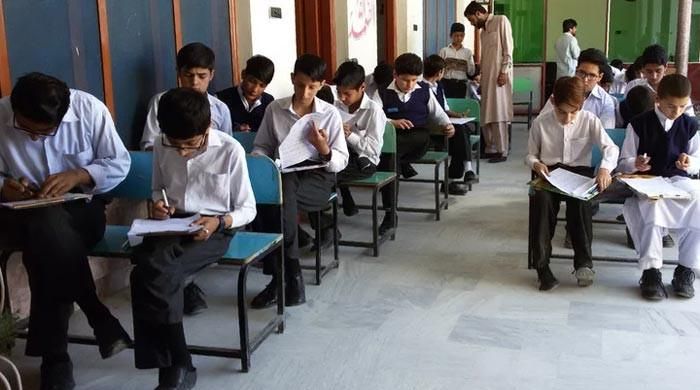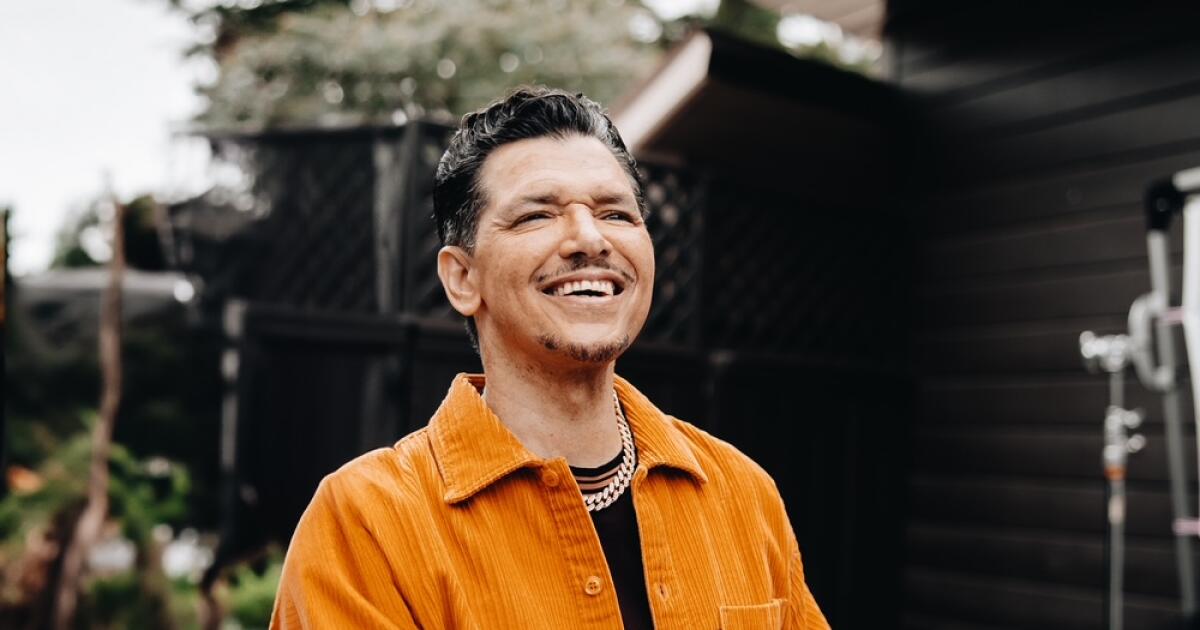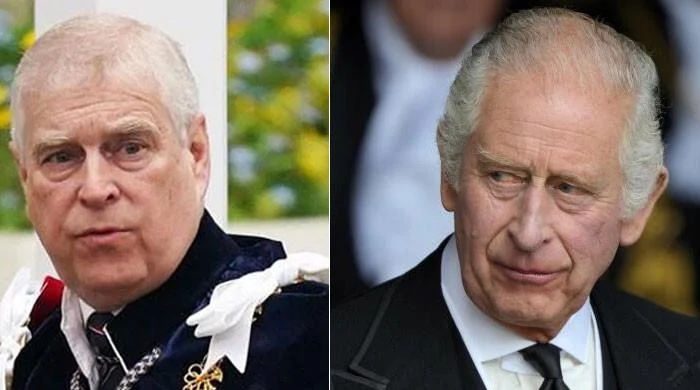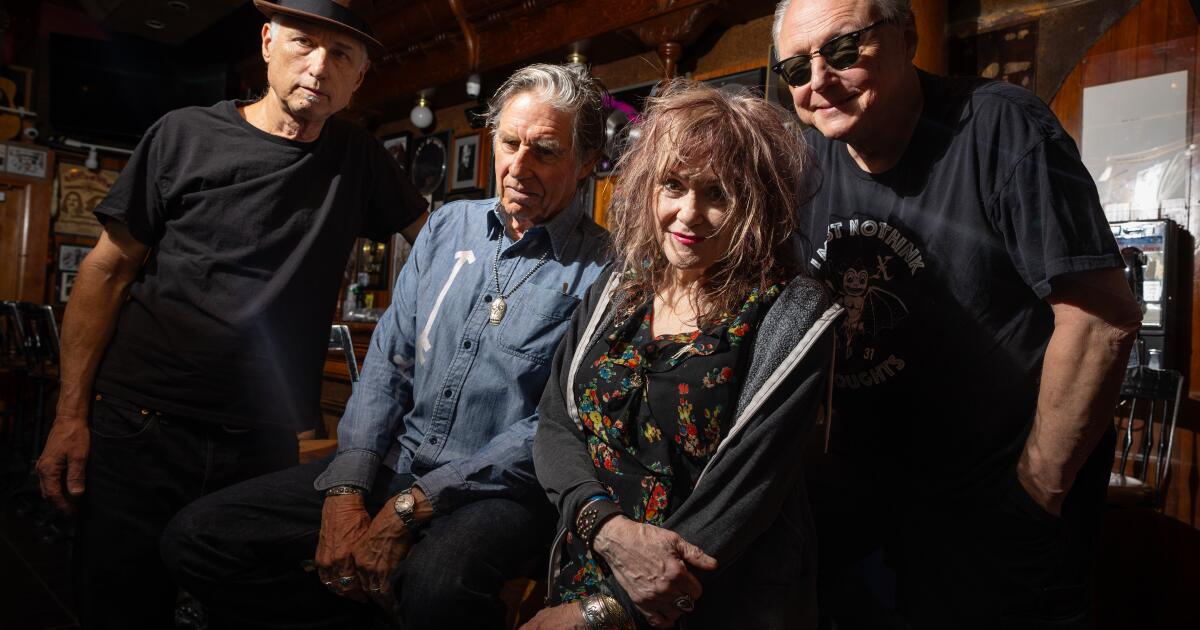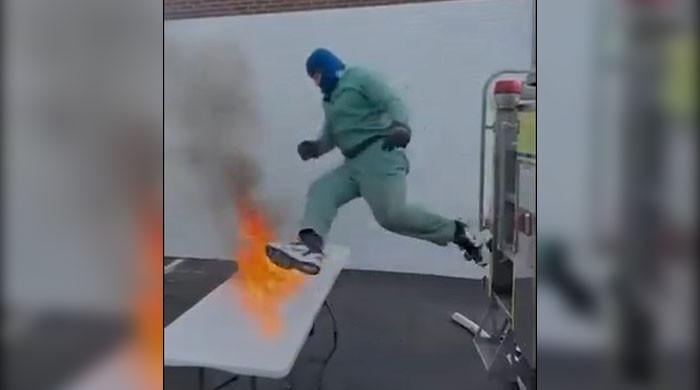In recent years we have seen how the number of blasphemy cases has increased alarmingly in our country. What is disturbing is that in schools and madrasas Across the country, the mindset of children and young people is increasingly moving towards the idea that people should be killed on charges of blasphemy in the first place, as happens all too often in our country.
The latest such case concerns a man who was shot in Quetta while in police custody by a policeman who was supposed to be protecting the accused. The man had been taken into protective custody after being accused of blasphemy and surrounded by a mob.
The scale of the problem can be gauged by the incidents in Swat, which led the military to set up a school to deradicalise children and young people after the Tehreek-e-Taliban Pakistan (TTP) took control of the valley. The killing of a teacher working at the school did little to help the problem. However, the idea seems sound at first glance. Other countries, such as Sri Lanka, have launched similar programmes to reintegrate child soldiers and young fighters into society.
We need to do the same, not just through better monitoring at the national level. madrasas But also in our regular schools. The current curriculum instills in children the feeling that all non-Muslims are “the other.”
How then can we guide our children towards a different path? A path that will take them to a happier place and where death is not the solution to their problems. Obviously, there is no simple solution. It will also be necessary to spread out efforts over time and make efforts to cover all schools in the country by drafting specific laws. Parliament and the provincial assemblies must be the first step in this process.
And then, in the schools themselves, we need not only trained teachers who have been deradicalised, but also psychologists and therapists who can help children cope with trauma. These misunderstandings run very deep and have become increasingly entrenched in society over the years.
Today, thousands of children are studying a curriculum that fosters hatred. Of course, this will have to be changed, unlike the single national curriculum suggested under the Pakistan Tehreek-e-Insaf (PTI). This must include a broader view of the world and all that it holds. Children must be encouraged to look beyond the extremely limited versions of history we teach, which began in 1947 or, rather absurdly, in 712 AD, when Muhammad Bin Qasim conquered Sindh.
We have never taught our children about the interconnections that existed in cities like Lahore, Quetta, Karachi, Peshawar and many other places across our land. These interconnections involved joint ceremonies on occasions like Eid or Diwali, and the understanding that all people formed one community.
We must teach children to think more openly and instil in them the idea that schools should teach pupils to discover and investigate, even from a very early age. Only if we can do this will we move away from the limited understanding of the world that has created so much hatred in a society where no one is safe and accusations against any individual can pose enormous dangers to the person at whom the finger is pointed.
Time is running out. Hatred has already claimed too many lives and created a mentality that has infiltrated children and young people all over the world. This has to change. This can only happen by offering people more openness and the possibility to express themselves through theatre, dance, music and other media.
These avenues are too limited today and are among the many factors that contribute to Pakistan being a country obsessed with mob justice. If we wait any longer, there will be even more disasters and chaos everywhere.
Real scholars and educators of renown need to be brought in to design a new curriculum and find new ways to teach children. This is especially important in an era of artificial intelligence and other technologies that need to be used to find positive ways to help young people learn.
The author is a freelance columnist and former newspaper editor. She can be contacted at: [email protected]
Disclaimer: The views expressed in this article are those of the author and do not necessarily reflect the editorial policy of Geo.tv.
Originally published in The News

